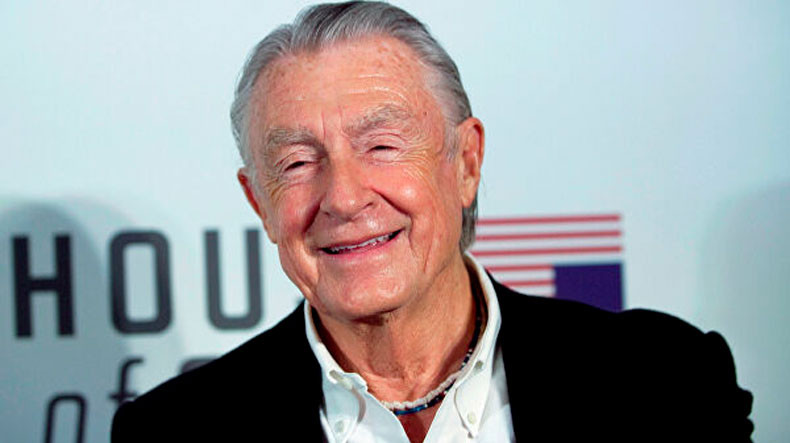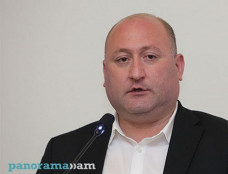
Joel Schumacher, Batman Forever and The Lost Boys director, dies aged 80
Director Joel Schumacher has died at the age of 80, The Guardian reports. The film-maker, whose hits included Batman Forever, St Elmo’s Fire and The Lost Boys, died of cancer. A statement from his publicist said that he “passed away quietly” and will be “fondly remembered by his friends and collaborators”.
Schumacher initially worked in the fashion industry before entering film as a costume designer for Woody Allen’s Sleeper and Interiors. His first screenplay was for 1976’s musical drama Sparkle, which starred Irene Cara and was later remade with Whitney Houston. His directorial debut came in 1981 with The Incredible Shrinking Woman starring Lily Tomlin. His first hit came in 1985 with the Brat Pack drama St Elmo’s Fire, which then led him to make The Lost Boys, which became an even bigger hit in the summer of 1987.
As the 90s began, he made supernatural thriller Flatliners and romantic drama Dying Young with Julia Roberts before scoring his most acclaimed film to date with 1993’s Falling Down starring Michael Douglas. The decade also saw him make two John Grisham dramas, The Client and A Time to Kill, and enter franchise film-making with Batman Forever and Batman & Robin. His work since included the drama Tigerland, the thriller Phone Booth with Colin Farrell and the Jim Carrey horror The Number 23.
His last film was 2011’s Trespass starring Nicole Kidman. In 2013, he also directed two episode of House of Cards for friend David Fincher.
While his films often made a lot of money (globally more than $1bn combined), critics weren’t always kind to him. “My success annoyed a lot of people always,” Schumacher said to Vulture in 2019. “Maybe they thought I didn’t deserve it.” In a 2017 retrospective of Batman & Robin, Schumacher spoke about his career in film. “I think I’m one of the luckiest people that ever lived. I got my dream. I got it so much bigger than even I could have dreamed it,” he said. “You know, I’m just a kid whose parents died very young who was on his own and grew up behind a movie theater before TV, and I wanted to tell those stories, and look what happened.”
Newsfeed
Videos






























